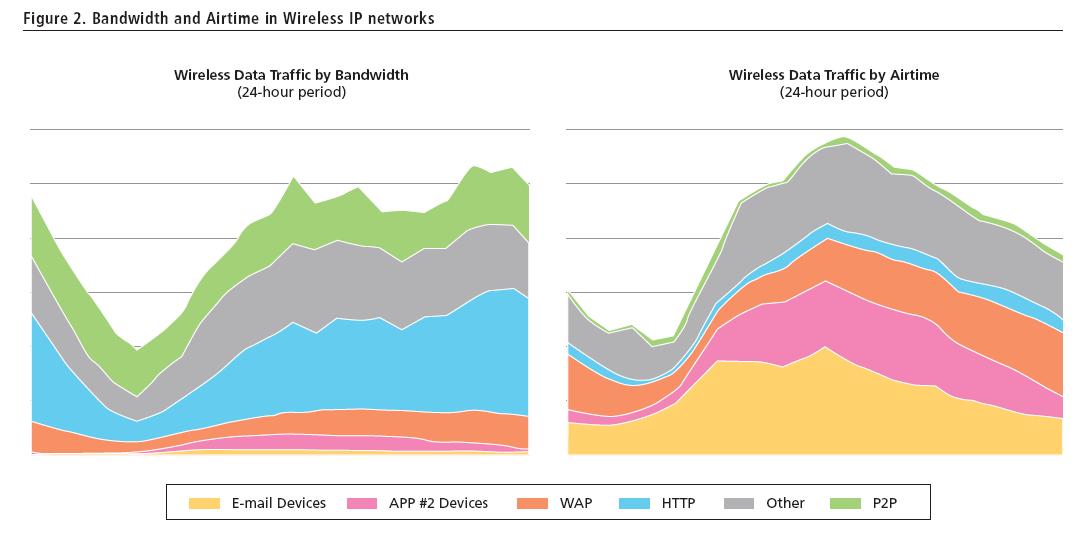
This morning Alec Saunders talked about the effects of pricing plans in wireless data market. His point was aggressive pricing will induce increased use. In that context he mentioned a term introduced by Mark Anderson. Mark claimed that the chief benefit of broadband internet is Always On Real Time Access (AORTA). Alec elaborates: “Not the fact that broadband is fast, but that it's always up, which means that you can have access to the 'net instantaneously.” But having an access to the net is only half the battle.
It is equally important that internet peers must be able to access the application clients running in local machines. In the wired world this manifests itself as NAT/FW traversal problem. It is a generally accepted solution for the local clients to maintain connection with an external server which proxies traffic (at least initially) from other peers. The problem is different in the case of mobile internet. Normally NAT/FW traversal problem is not there in the mobile environment. But mobile devices consume a large quantity of radio resource to maintain the access link to the ‘net. This means that it is much preferable to design pull-style applications. But many popular applications like email require servers to push information. Take a look at the figure taken from a whitepaper published by Alcatel-Lucent.

Even though the amount of bandwidth consumed by email application is very small, the corresponding airtime consumed is very large. This is a sleeper problem with the approach Blackberry has taken. Microsoft has taken a different approach to push email. The Exchange server sends an SMS which prompts the mobile device to pull newly arrived email. Since there could be delay in the delivery of SMS, sometimes Microsoft’s approach may not behave like push email. A better approach might be for the Exchange server to send a notification to a designated server at the Mobile Carrier, which in turn can send a notification using the “paging channel”. This is the same channel used to send the notification for an incoming call. So the next step to AORTA is for the carriers to provide a service whereby mobile subscribers can designate the application providers who can send paging indications for events associated with web services. This service is worthwhile even if the carriers charge for such notifications.